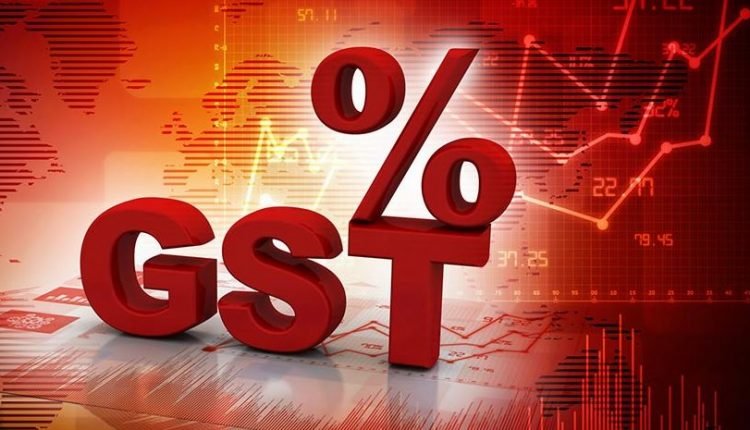Mandatory E-invoicing under GST for Businesses with aggregate turnover of Rs 5 crore or more from 1 August, 2023
29-07-2023 : Starting from August 1, 2023, businesses in India with an aggregate turnover of Rs 5 crore or more will be obligated to implement e-invoicing under the Goods and Services Tax (GST). The Central Board of Indirect Taxes and Customs (CBIC) made this announcement via a tweet on Friday. This move comes as part of the government’s efforts to enhance tax collections and foster better compliance within the GST framework.
E-invoicing will be applicable for all GST taxpayers whose aggregate turnover exceeds Rs 5 crore in any financial year. It will be mandatory for generating electronic invoices for both the supply of goods or services, as well as for exports. The CBIC had earlier notified the lower threshold, and it is now set to be enforced from August 1.
The primary objective of introducing e-invoicing is to streamline the invoicing process and facilitate seamless information exchange between businesses and the tax authorities. Under this system, GST-registered individuals or entities are required to upload all their Business-to-Business (B2B) and export invoices to the Invoice Registration Portal (IRP). In return, the IRP provides a unique Invoice Reference Number (IRN) to the taxpayer. This IRN is then transferred to the GST portal, where it plays a crucial role in matching invoices between buyers and sellers. Additionally, e-invoicing helps in reducing instances of duplication and errors in the invoicing process.
The current threshold for mandatory e-invoicing registration stands at Rs 10 crore, but the tax department has been progressively lowering it to encompass a larger segment of businesses. With the new threshold of Rs 5 crore, many midsized and expanding small businesses will now come under the ambit of the e-invoicing system.
This development is expected to have far-reaching implications for businesses in India. While it may present initial challenges in terms of adapting to the new system, experts predict that it will ultimately lead to improved efficiency and transparency in tax compliance. By streamlining invoicing procedures and automating data exchange, e-invoicing is likely to reduce the burden of manual record-keeping and enhance overall tax administration.
Furthermore, as the tax authorities gain access to real-time data through the e-invoicing system, they can better monitor transactions and detect potential instances of tax evasion. This heightened oversight is expected to strengthen the government’s revenue collection efforts and bolster its ability to curb tax evasion.
Overall, the compulsory implementation of e-invoicing for businesses with an aggregate turnover of Rs 5 crore or more is a significant step in modernizing India’s tax administration and aligning it with international best practices. As businesses gear up to comply with the new mandate, they may need to invest in technology and training to seamlessly integrate e-invoicing into their existing systems. However, in the long run, this move is poised to contribute positively to the nation’s tax ecosystem and support its broader economic development goals.




